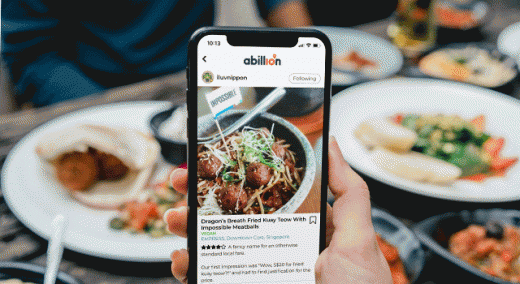Consumers who have a personality that scores high in terms of openness—such as being open to new adventures and intellectually curious—have better success at spotting fake reviews than other personality types, according to our recently published research. Extroverted people, on the other hand, tend to have a harder time identifying a fake review.
|
ADVERTISEMENT |
The big idea
To reach these conclusions, we compiled reviews from a unique data set of 1,600 Chicago hotel reviews, marked as either fake or real, that was compiled by artificial intelligence engineer and researcher Myle Ott and his team for peer-reviewed research they published in 2011 and 2013.
Ott and colleagues mined real reviews from travel review websites such as Tripadvisor, Hotels.com, and Expedia, which have a reasonably small deception rate. They gathered fake reviews by using Amazon Mechanical Turk to recruit people to write fake hotel reviews that sounded truthful.
…

Add new comment